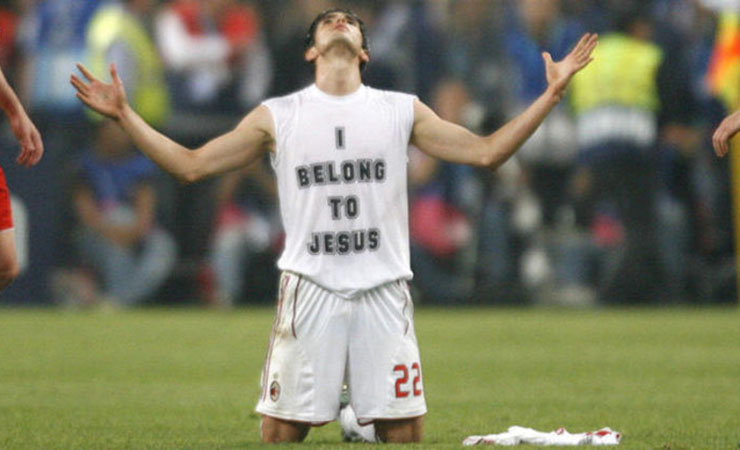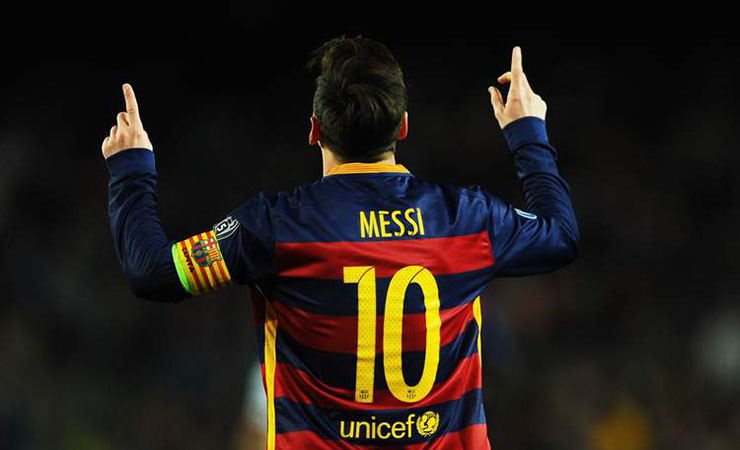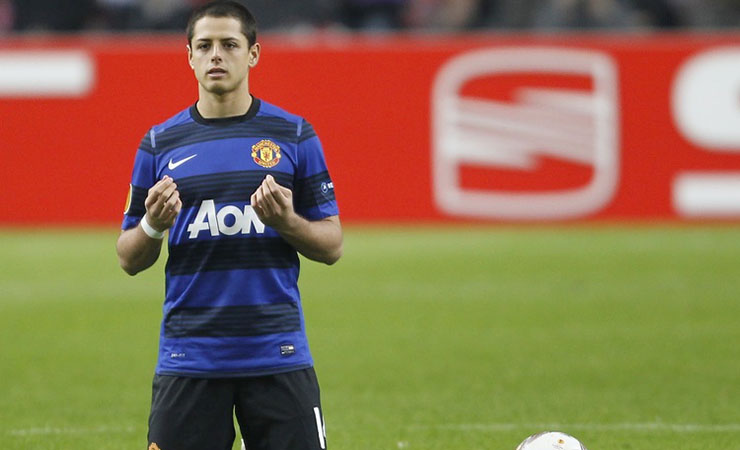
The Sunday Mail

Fatima Bulla
IF philosopher Friedrich Schleiermacher’s definition of religion which states that it is “the feeling of absolute dependence” mirrors the Independence Cup Final held last Tuesday, then eventual winners Dynamos FC are in that bracket.
For many years, the team has been lining-up in prayer for a few moments at the goal area before the beginning of every match.
Yet there is something telling about how Dynamos coach, Lloyd ‘Samaita’ Mutasa and his players desperately sought divine intervention into the penalty shootout after conceding a goal seconds before the final whistle.
Faces of shock and despair in the Dynamos camp clearly displayed heartache for a team that had been leading 1-0.
As Highlanders gained confidence after levelling matters with supposedly a more experienced line-up of players confident in front of goal, it seemed Mutasa only needed a Friedrich Schleiermacher moment.
As his players formed a circle, Mutasa hurriedly joined in and led prayer.
And as everyone else took position, he summoned young goalkeeper, Tonderai Mateyaunga, to join him as they knelt down in prayer.
The feeling of absolute dependence was further on display as he led praise and worship in the Dynamos camp, singing as each penalty was being taken.
Finally, Dynamos carried the silverware home, coming out 3-2 winners.
During all that time, Mutasa was saying, “Be still and know that I am God.”
He is not alone in this display of absolute dependence on God or a superior being.
Norman Mapeza and Lloyd Chitembwe, coaches of FC Platinum and Caps United respectively, have made comments that suggests their reliance on God in their line of duty.
On the field of play, the common display of worship by players has been the cross of Jesus Christ, while others hold a finger up in the air.
Caps United forward, Leonard Tsipa, displays the cross whenever he enters the pitch while Ngezi Platinum’s Qadir Amini kisses the crowd.
An acknowledgement of this absolute dependence can be tracked to the international stage.
Barcelona forward, Lionel Messi, gestures to heaven when he scores.
According to The Economist, in 2009 world football governing body – FIFA – took Brazil football authorities to task because their players “were in the habit of proclaiming religious faith in spectacular ways”.
“Whether battling for their own country or for foreign sides, Brazilian players of a Pentecostal or evangelical persuasion like to display their faith by pointing upwards to heaven after a goal, kneeling to give thanks after a victorious match, or as ‘Kaká’ famously did in 2002 and often thereafter, stripping down to an under-shirt which proclaims ‘I belong to Jesus’”.
FIFA reminded the Brazilians of a rule stating that “. . .the basic compulsory equipment must not have any political, religious or personal statements.”
It later clarified that it was not banning religion altogether, “kneeling to pray was still alright.”
While there may be questions on why teams seem so keen to display their faith today, history, particularly with English teams, reveal that some were formed as church teams, for example Everton and Southampton.
In the local Castle Lager Premier League, debutants Yadah FC is owned by Prophet Walter Magaya whose principles heavily weigh on the team.
Last year, a local prophet claimed that his Godly principles had been the major influence behind Caps United’s premier league glory.
A research done in 2000 at Seoul University studied the performances of professional Korean athletes and revealed that “prayer was not only a key factor in coping with anxiety, but also in removing self-doubt and attaining peak performance.”
An online source quotes Brazil’s former manager, Phillipe Scolari, a devout Catholic: “I like my faith. It gives us power.”
lf a coach of Scolari’s stature could utter such words, one can surely forgive Mutasa for his moments of absolute dependence last Tuesday as he praised and worshiped his way to a debut Independence Trophy victory.






